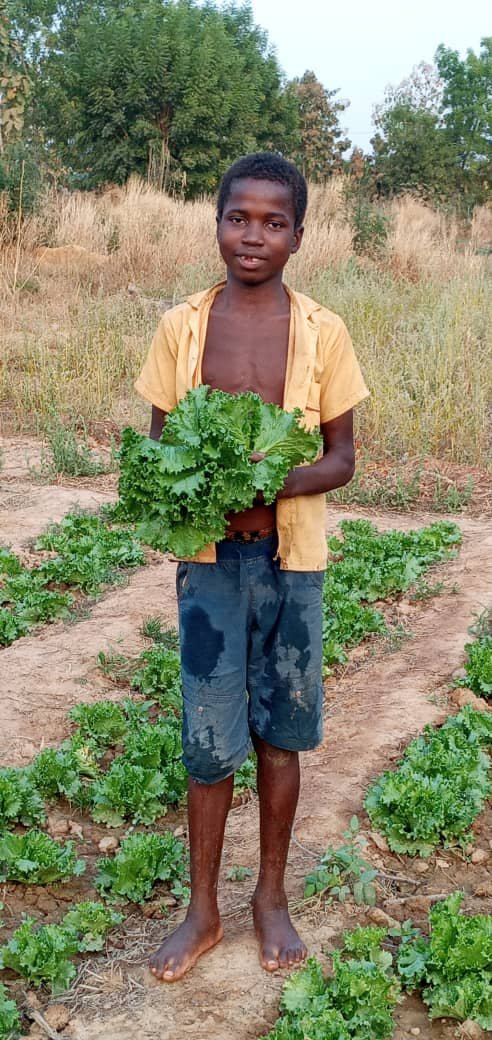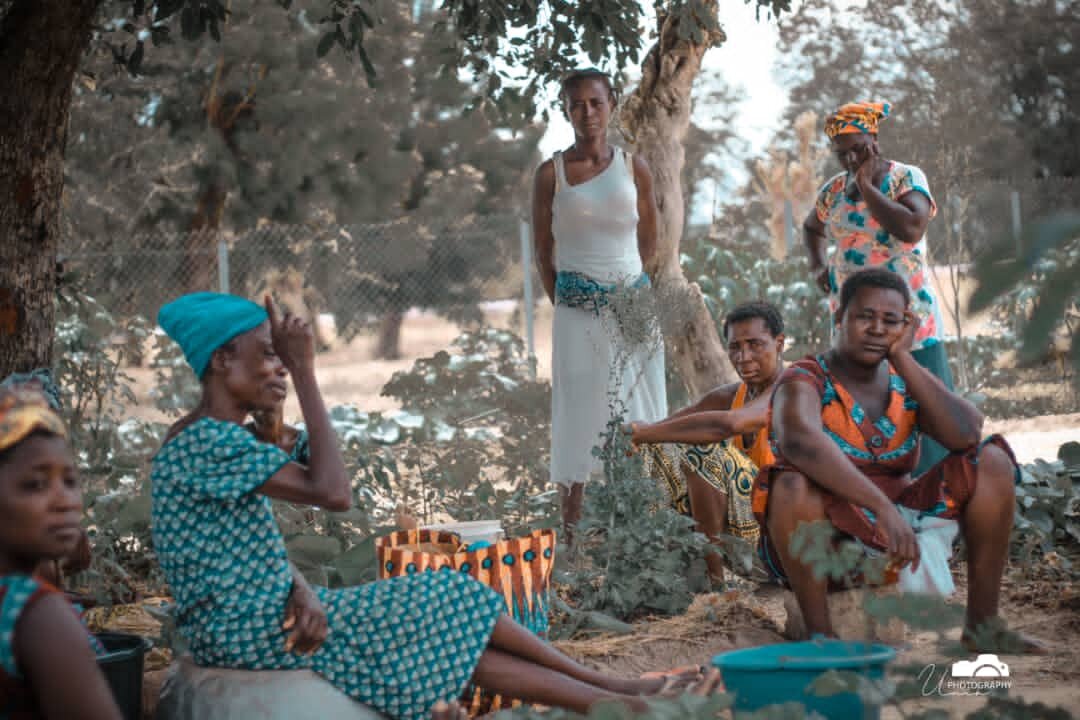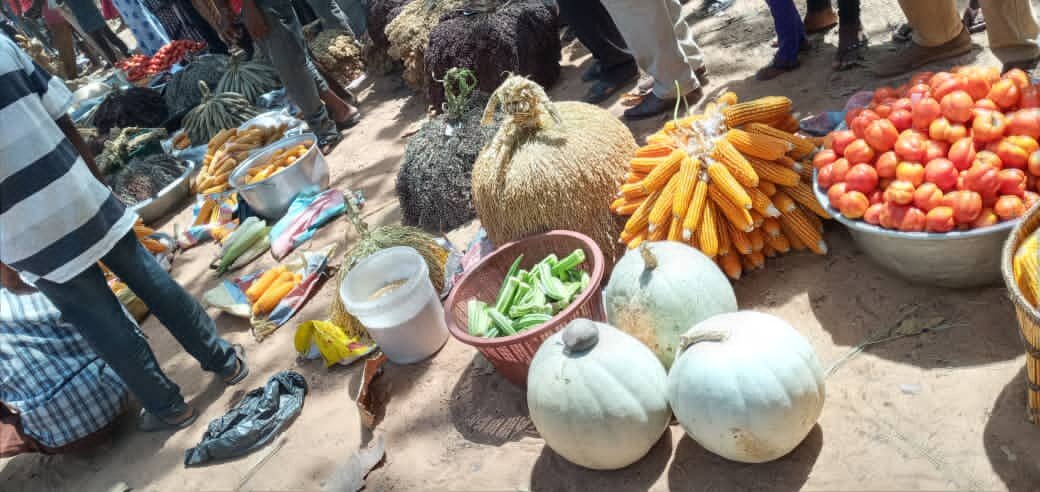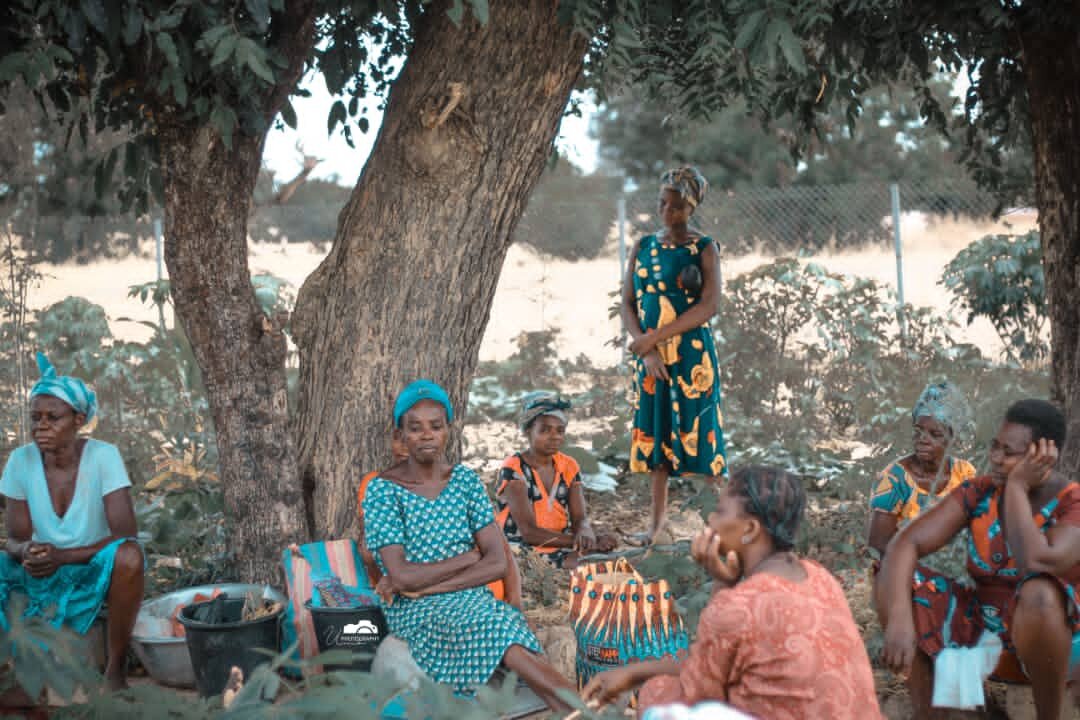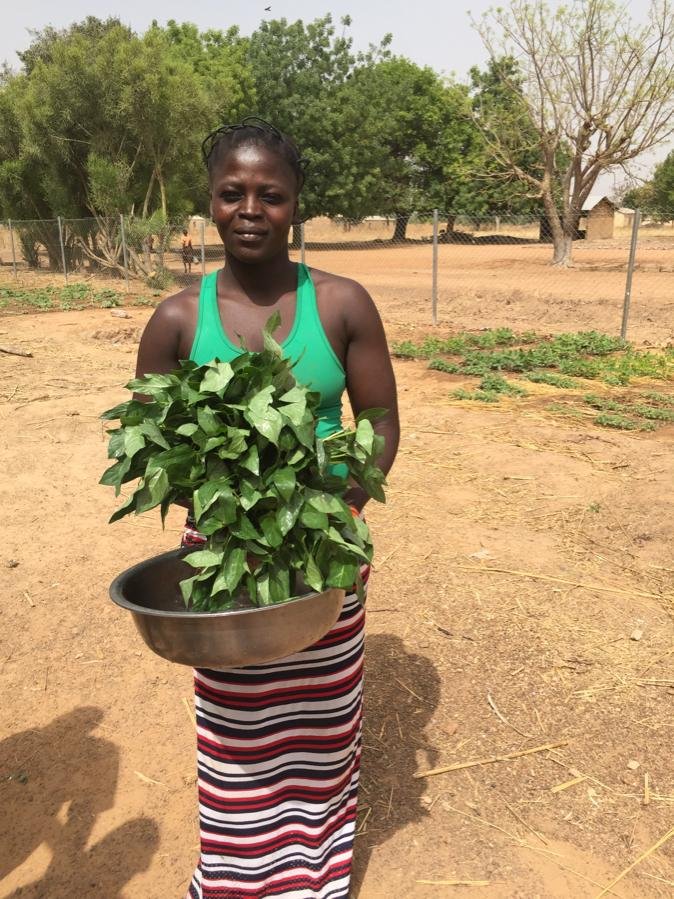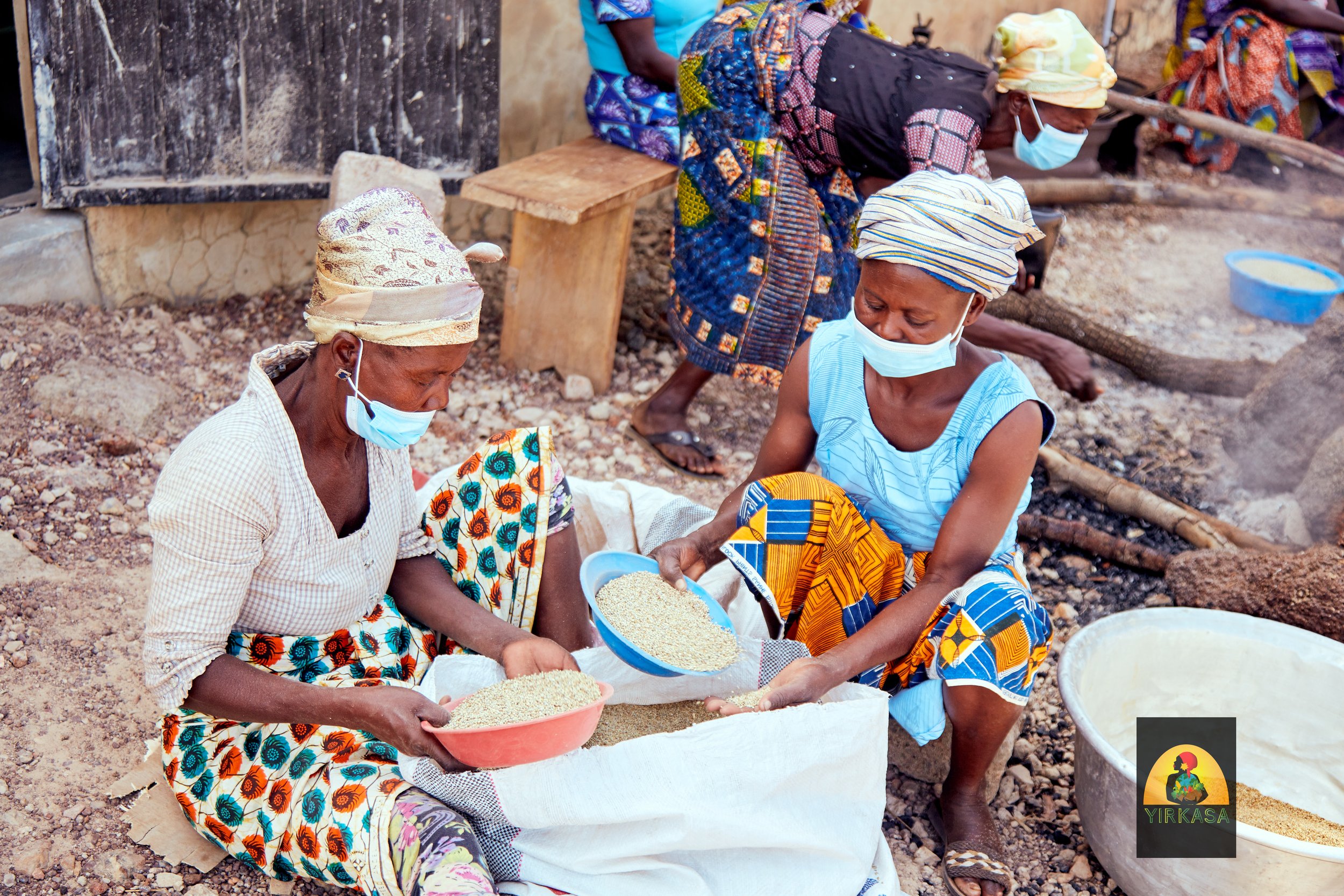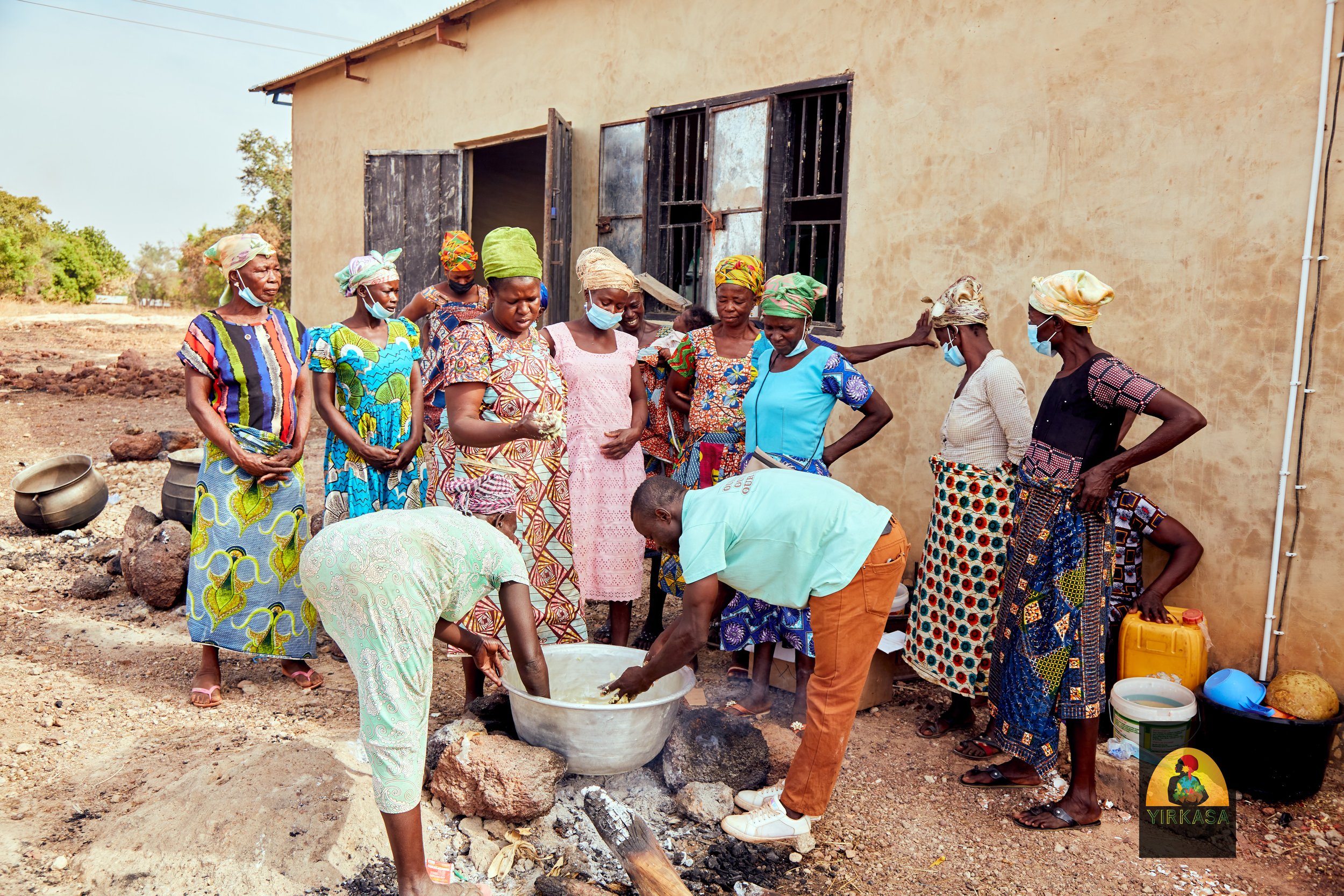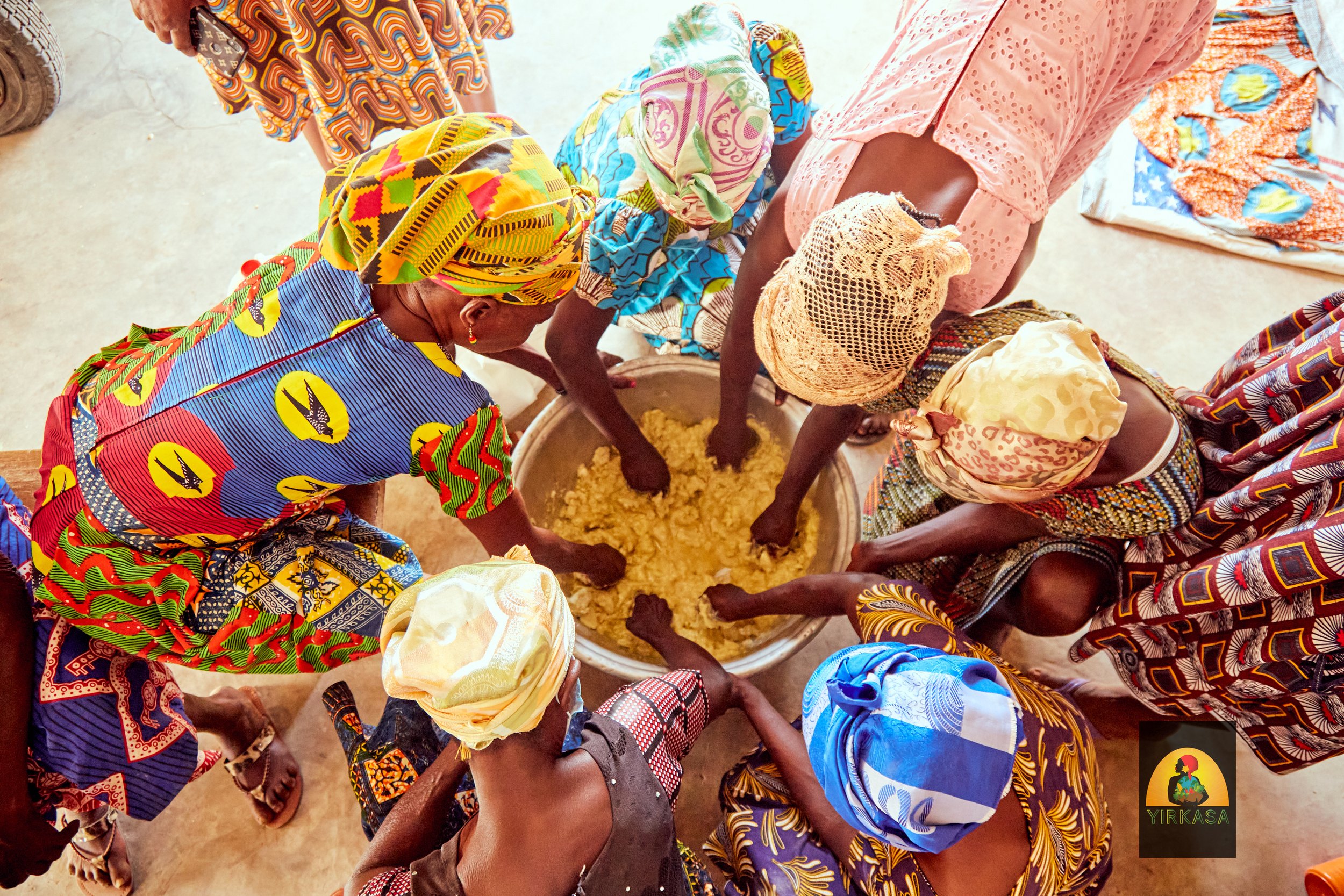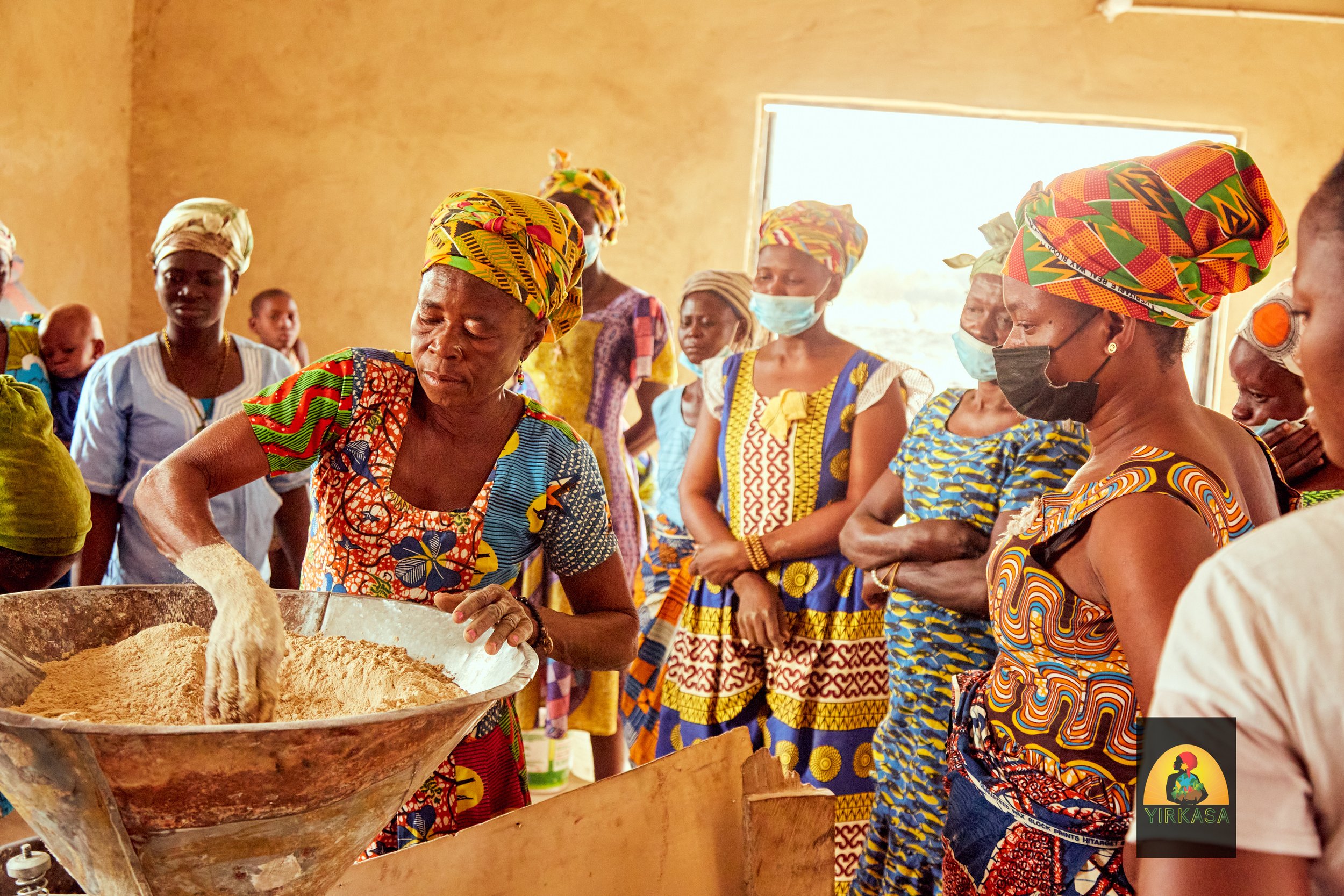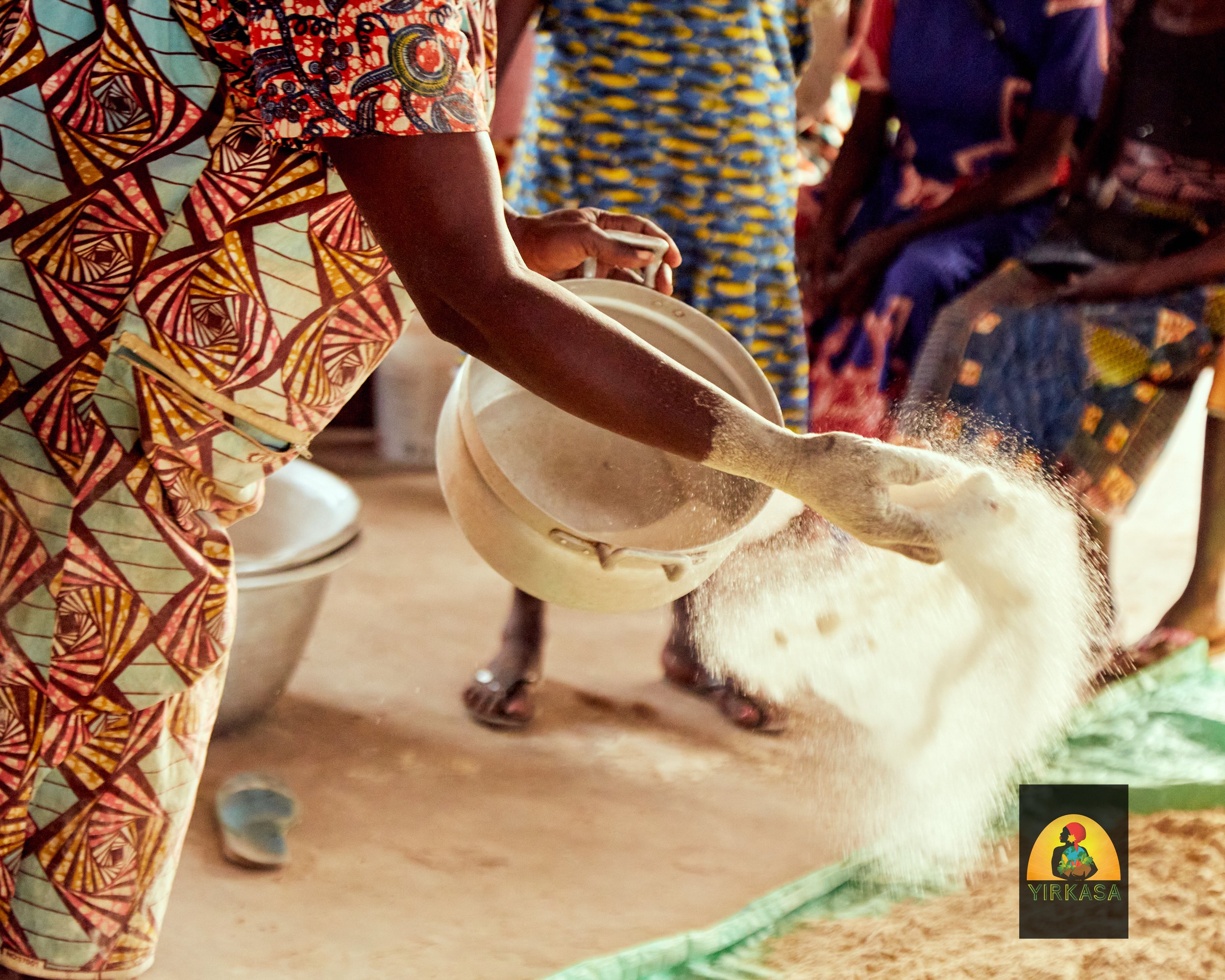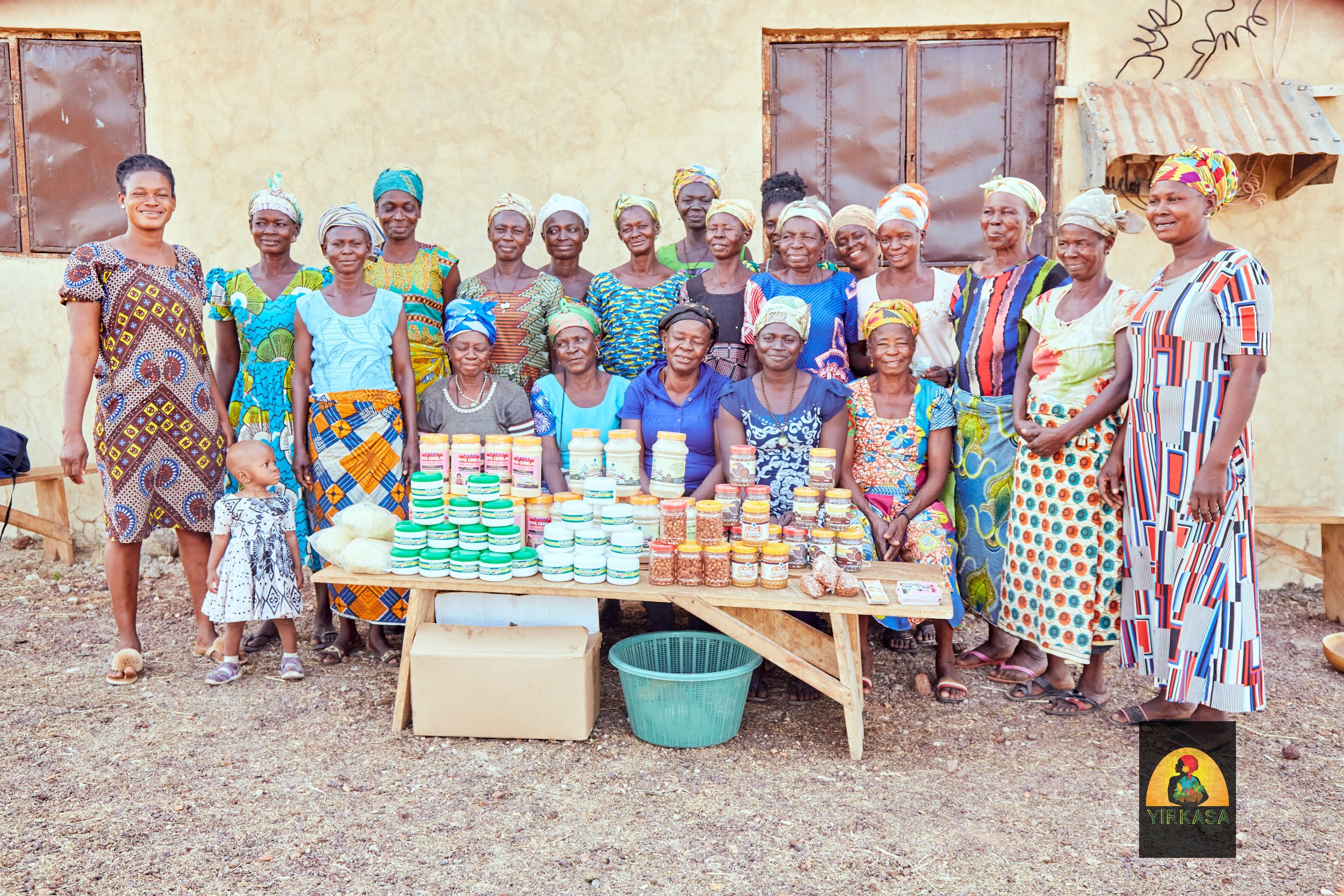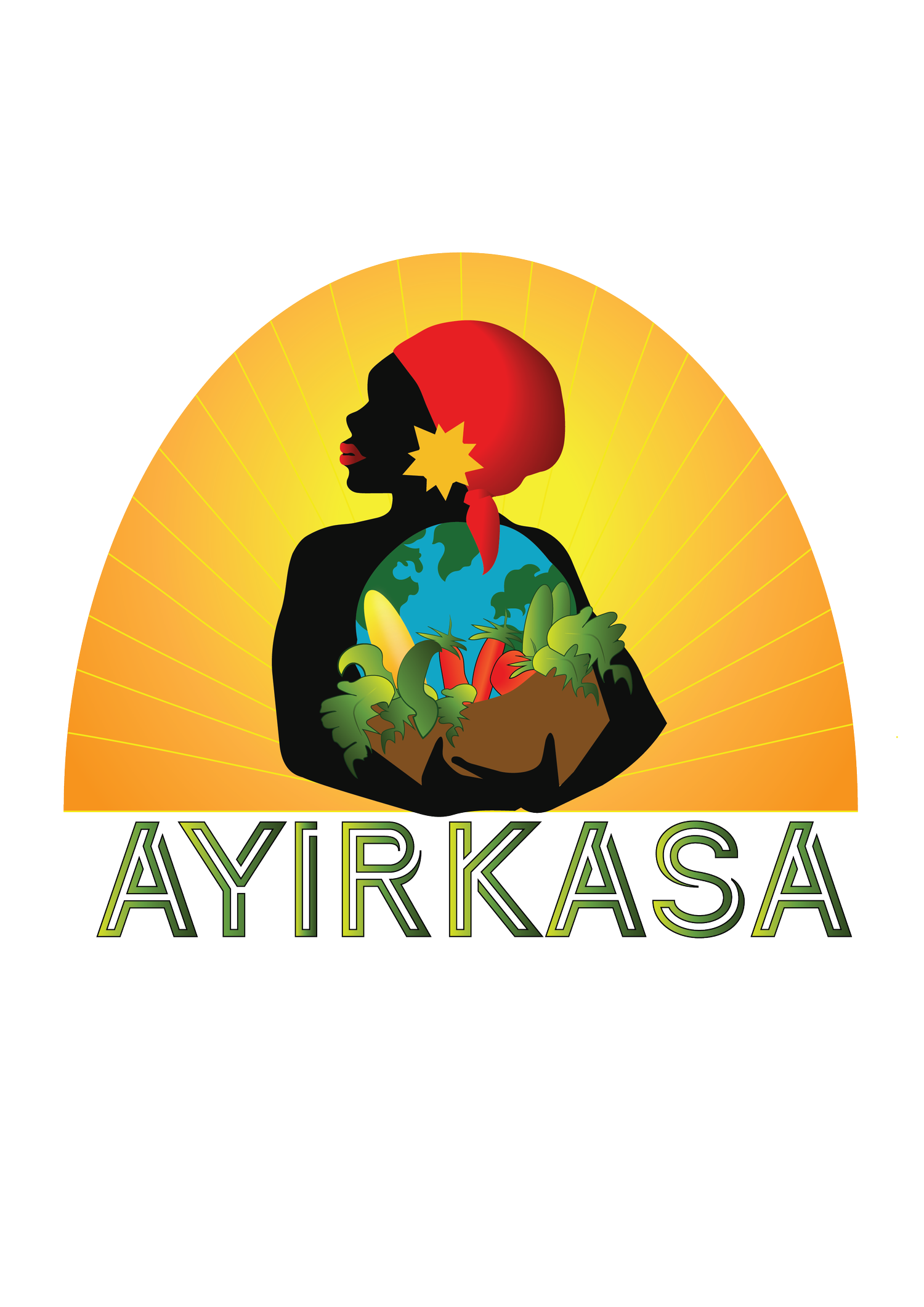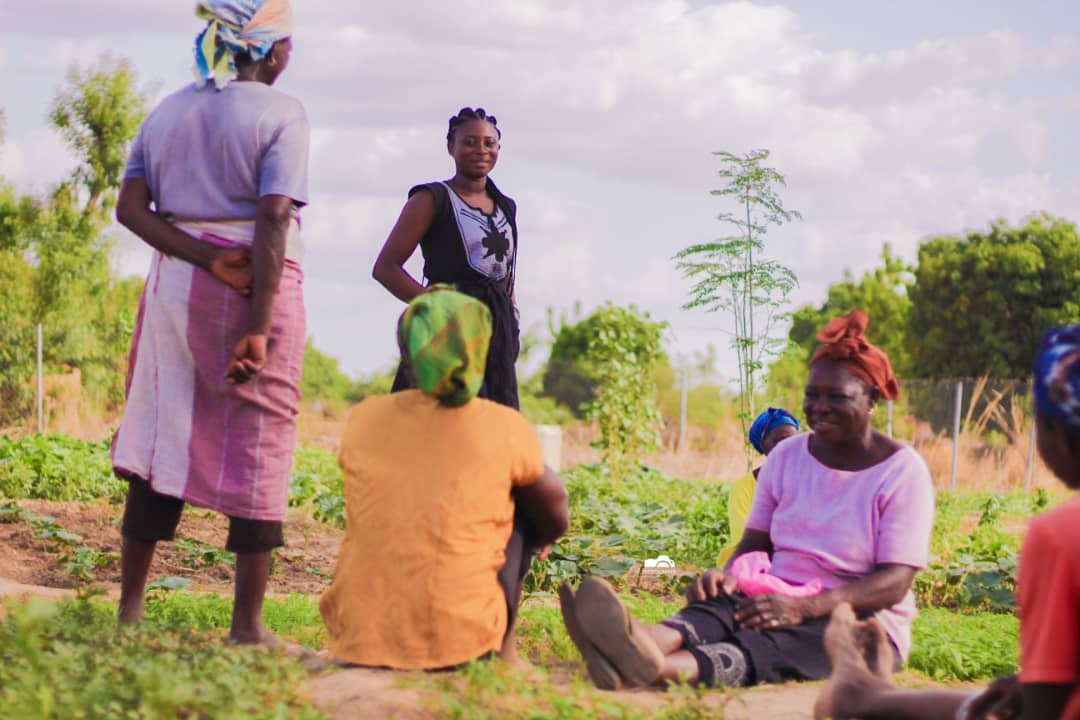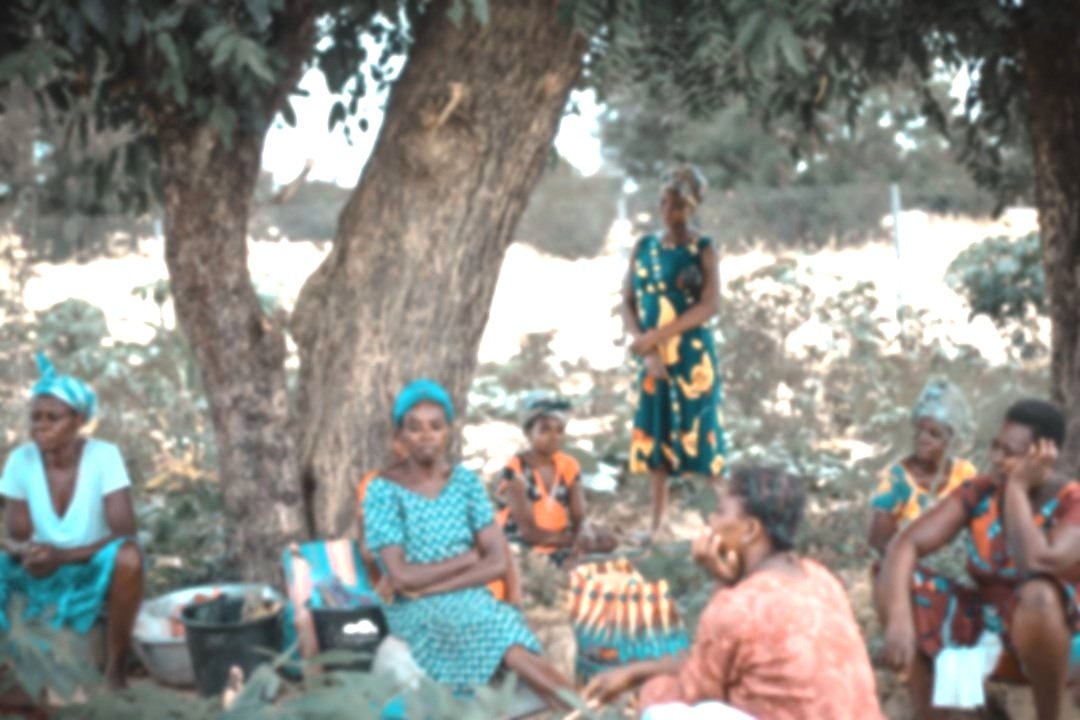
“Give a man a seed, you feed an individual. Give a woman a seed and you feed a whole community.” ~Ghanaian Proverb

Our Mission
We are a cooperative of Ghanaian women, seeking to support each other as we build better futures for ourselves and our families .
Ayirkasa
Ayirkasa is a Dagara word that translates to “from home is better”. This concept is central to our values as it signifies the importance of indigenous earth-based wisdom as well as the importance of indigenous foods as a cornerstone of community health, both financial and physical. Our goal is to use an agroecological approach to regenerate a relationship with the earth, provide safe modes of income for the women of our community, and reclaim land from colonial industries.
Our Goals
-
Environmental Stewardship
Our environment’s health is central to the well being of our entire community. By using our ancestral wisdom along with agroecological practices we hope to promote the growth and protection of crops that help our environment thrive. Making profits from our own raw products processed from these crops encourages our community to protect them, and thus gives us a voice in controlling environmental standards and helps us restore our communities.
-
Economic Empowerment
Having a safe outlet to earn money is vital to human life. Yirkasa provides us with the means to support our selves as well as our community. Through our Savings and Loans program we are able to support each other as well as new members of Ayirkasa get started. To achieve true financial independence we need a processing center. Many of us are required to walk multiple kilometers a day in order to process our goods. A processing center is vital for us to take the next step as a cooperative that is self-sufficient.
-
Collective Ownership
We are a collectively owned cooperative. We each produce our own goods and then we give some of our profits back to the collective to support new women entering Ayirkasa. The cooperative model gives each of us a stake in the success of the center and a voice in decisions that impact our future, our environment, and our people.
Agroecology
Agroecology shares much in common with other approaches to sustainable farming. Agroecology is farming that “centers on food production that makes the best use of nature’s goods and services while not damaging these resources.”
Farming thrives when it works with local ecosystems, for example, improving soil and plant quality through available biomass and biodiversity, rather than battling nature with chemical inputs. Agroecological farmers seek to improve food yields for balanced nutrition, strengthen fair markets for their produce, enhance healthy ecosystems, and build on ancestral knowledge and customs.
There are now unprecedented opportunities to advance agroecology globally. Too frequently, the corporate food system has negative impacts on people’s health, the environment, and the well-being of family farmers. Agroecology is recognized as both a mitigation and adaptation strategy for climate change. Consumers are increasingly demanding healthier food and a closer connection to food producers. Social movements around the globe – many with significant leadership by women’s and indigenous organizations – are coalescing in campaigns for a healthy food system built on an environmental and human rights ethos. The demand for agroecology is rising.
